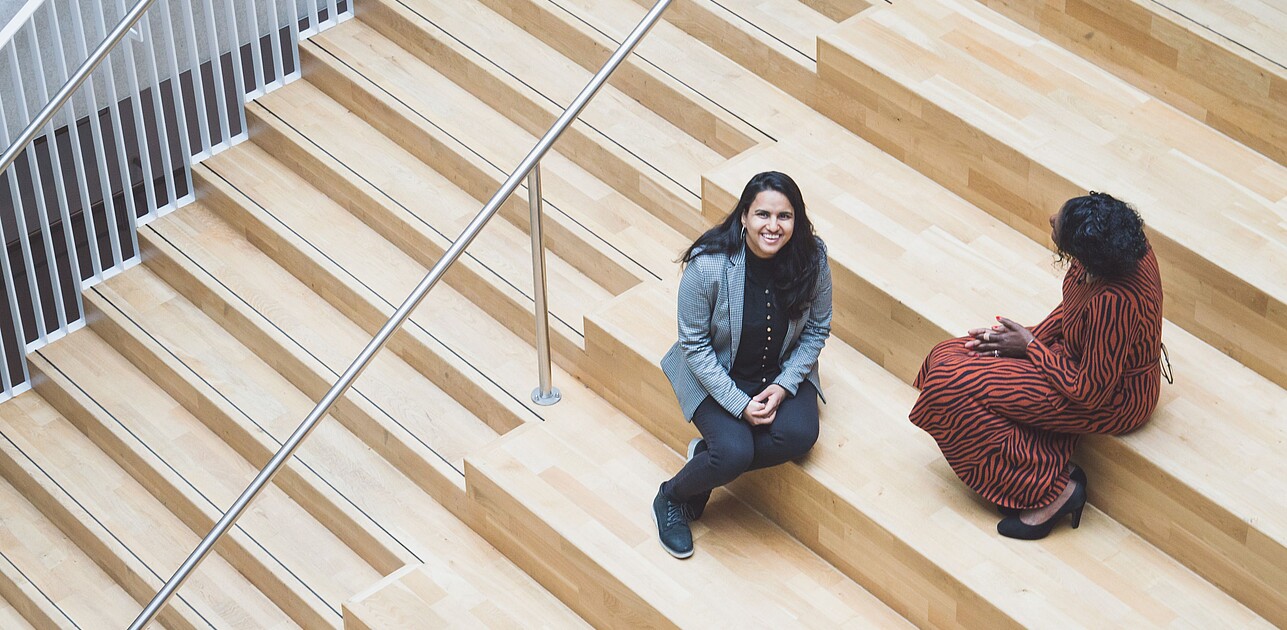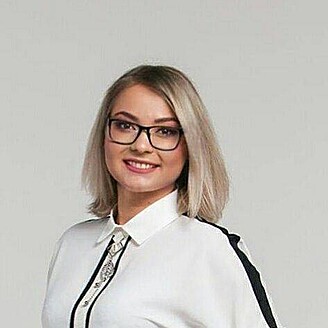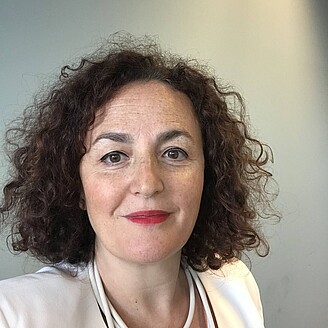

Reading time: 6 minutes
Domestically, the movement towards gender equality struggle continues to face challenges. In 2010, 20 per cent of women in the Netherlands earned less than men. By 2019, however, the gender earnings gap had, according to the EIGE Gender Equality Index, increased to 21 per cent. Globally, achieving gender equality in business – and society – remains an uphill struggle, a point emphasised by the World Economic Forum (WEF) in its Global Gender Gap Report 2023 which noted that, at the current rate of progress over the 2006-2023 span, it will take 162 years to close the Political Empowerment gender gap, 169 years for the Economic Participation and Opportunity gender gap, and 16 years for the Educational Attainment gender gap.
Addressing – and redressing – gender equality encompasses more than equal representation and wage parity. At its heart is engagement and empowerment, which ECWO achieves by providing women with the tools, networks, knowledge and confidence to drive their careers – and positively impact gender equality in society as a whole. Since 2014, ECWO has been building communities for organisational change around gender balance. Today, ECWO has expanded its perspective to embrace a wider vision of inclusive prosperity in the world.
In April 2021, leadership of the ECWO passed to Hanneke Takkenberg, professor of management education focusing on women in business at RSM, and professor of clinical decision-making in cardio-thoracic interventions at Erasmus Medical Center (Erasmus MC). She is taking forward this thriving, dynamic organisation.
Hanneke was formerly chief diversity officer at Erasmus University; her work now is broadly focused on creating a sense of belonging for everyone within organisations through diversity, equity, and inclusion (DEI) that is anchored in social safety. The latter takes expression in ECWO’s Stand Up, Reach Out (SURO) programme. Additionally, she is an active participant in the European Commission-funded Horizon2020 EQUAL4EUROPE research project, which is developing and implementing gender equality plans in European universities.
A focus area of ECWO’s mission to foster inclusion is on delivering executive development programmes that provide the leadership, communication and negotiating skills and insights to help women accelerate their careers. Within this aspect of its work ECWO’s research provides deep understanding and broad perspectives of the challenges and opportunities facing women in business and broader society. And through coaching, mentoring and an extended support network, the Centre helps women define and realise their individual goals in a way that also positively impacts their organisations.
ECWO’s programmes – Women in Leadership; Communication with Power and Impact for Women, and Negotiating for Success: Women, Careers and Business – optimise women’s leadership capabilities by empowering them with the tools, shared insights, broader perspective and the enhanced management skills needed to advance their career and fulfil their potential as agents of change.
The challenges faced by women in business are still many, as Olga Konovalova, owner of Total Rewards Consulting has found at first hand. A master degree graduate from Kiev who moved to the Netherlands, Olga has worked in the food industry for more than a decade. Earlier in her career, as R&D quality manager for Upfield, a plant-based food company, she wanted to find ways to progress, with a particular focus on understanding the gender issues that sometimes confront women in her industry.
“I work in an industry which is male dominated,” Olga said in an interview with ECWO in 2020. “This is especially so in the Netherlands, where I soon realised that women product and process technologists are not as common.”
Olga came across ECWO’s LinkedIn page and knew she had found what she was looking for: “I was immediately drawn to its focus on empowering women in our careers,” she said. Understanding and improving how to communicate in gender-imbalanced environments was a priority, so Olga enrolled in the ECWO programme, Communication with Power and Impact for Women.
“Getting a deep understanding of how to build my profile and also what my leadership style is has been invaluable,” she said. “I also found the emphasis on networking to be powerful.”
I like the fact that ECWO is based in research – that it’s not just about what we think about the gender imbalance in the workplace but what research has shown.
Olga Konovalova, owner of Total Rewards Consulting and global compensation manager a.i. at AkzoNobel

I have found ECWO’s emphasis on providing research-based knowledge that shows how, and why, gender imbalance exists, is really, really powerful.
Severina Scarnecchia, government affairs director, EMEA, at Eastman Chemical Company

Severina Scarnecchia, a former EU government affairs senior counsellor and, since 2015, government affairs director EMEA, at Eastman Chemical Company, said she found politics to be an environment where gender equality and diversity is missing: “There are so few women across all areas of the parliament. In that way, being in Brussels was a slight disappointment to me.”
At Eastman she connected with ECWO. “I have found ECWO’s emphasis on providing research-based knowledge that shows how, and why, gender imbalance exists, is really, really powerful – and helps women understand each other and their own possible gender biases,” she said. It was exactly this approach that saw Eastman and ECWO working together and led the company to sponsor ECWO’s 2018 conference.
“When ECWO ran our first Women in Leadership programme at Eastman, I felt such energy and drive and I immediately looked for ways for Eastman to support ECWO’s work,” said Severina in an interview with ECWO in 2020. “As a result of that, we created an internal team called The Catalyst in every region. That was the start of an ongoing and dynamic initiative towards gender balance and equality across all levels of the company.”
ECWO will continue to play a pivotal role in not only empowering and connecting women to drive their individual careers forward, but in striving for settings where everyone feels valued, respected and supported.
“Through our research and evidence-led educational programmes, events, coaching, advocacy, and advisory services, we work for true inclusion and equity,” concludes Prof. Takkenberg.